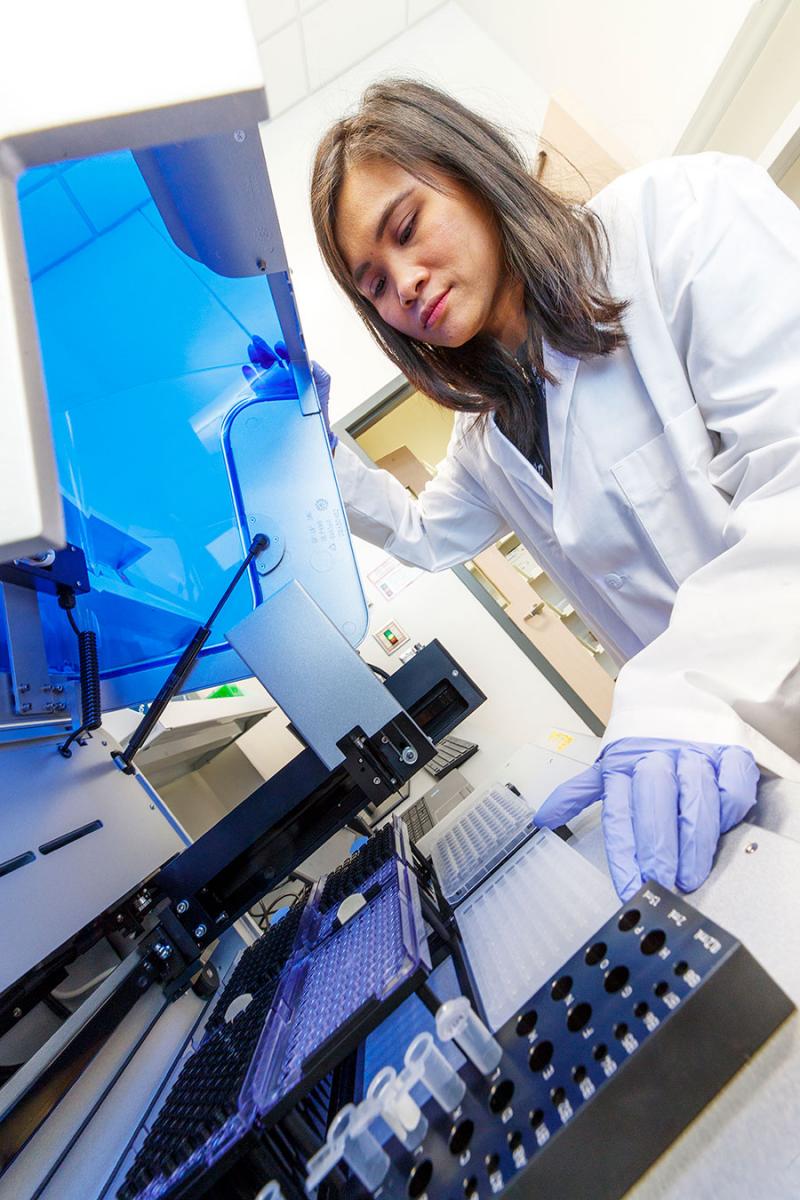The Critical Role of Veterinary Labs in Pet Care
The Critical Role of Veterinary Labs in Pet Care
Blog Article
Our furry friends are part of our lives, and supporting their wellness starts with health checks. Veterinary laboratories are key components in monitoring wellness for household animals.
This article, we’ll explore the value of lab tests for animals and explain the testing process.
How Do Veterinary Laboratories Work?
Advanced veterinary diagnostics are specialized centers for analyzing health markers. These labs support animal doctors to ensure timely interventions.

Typical procedures usually includes:
- Sample collection: Biological materials are sent to the lab.
- Testing procedures: Specialized tools and methods deliver diagnostic insights.
- Reporting outcomes: Insights guide care plans for your pet’s benefit.
Key Diagnostics for Pet Health
A variety of tests are available for pets to monitor overall health. Common exams include:
- Blood tests: Assess organ function.
- Urine testing: Spot urinary tract infections.
- Stool testing: Identify digestive disorders.
- Skin health exams: Identify irritants.
- Imaging diagnostics: Spot fractures or injuries.
análise laboratório veterinário
How Testing Supports Pet Health
Regular testing improves pet care. By identifying issues early, vets can provide better care.

Additional benefits include:
- Better disease management: Health problems are minimized.
- Saving on future treatments: Early detection reduces expenses.
- Confidence in care: Feel secure about their health.
The Value of Diagnostics for Pet Owners
Pet health labs are vital for protecting the health of dogs and cats. Through proactive diagnostics, you give them the care they deserve.
Act now to safeguard your pet’s future and support their wellness every step of the way!
Report this page